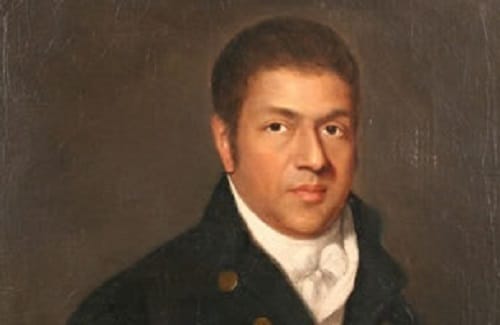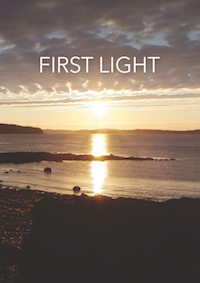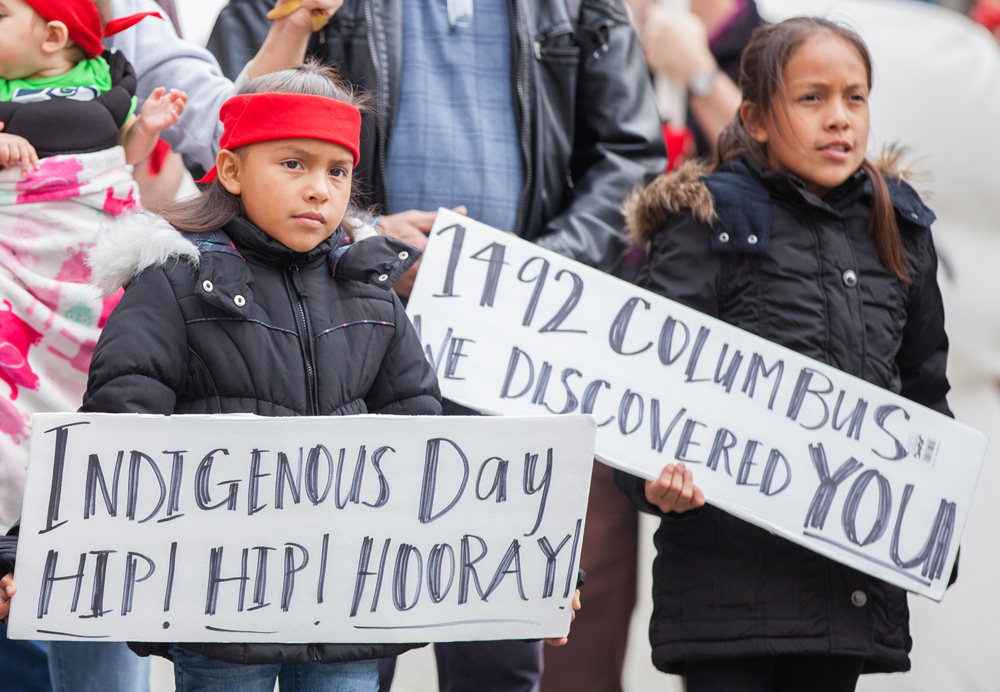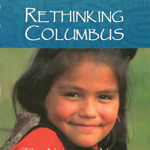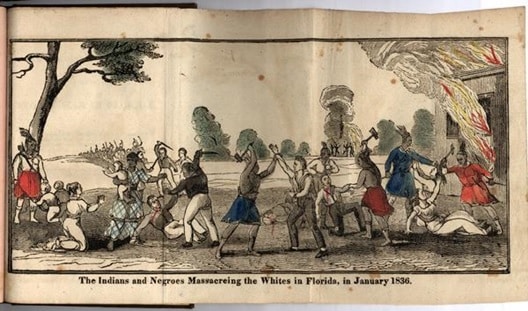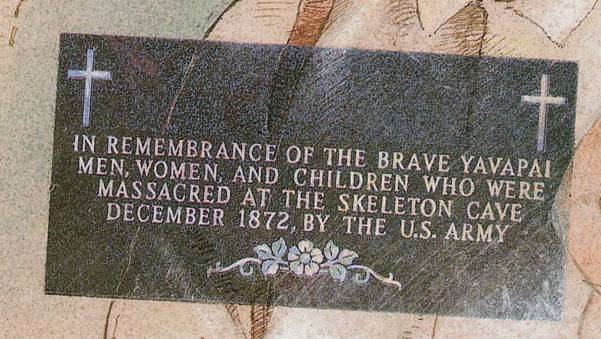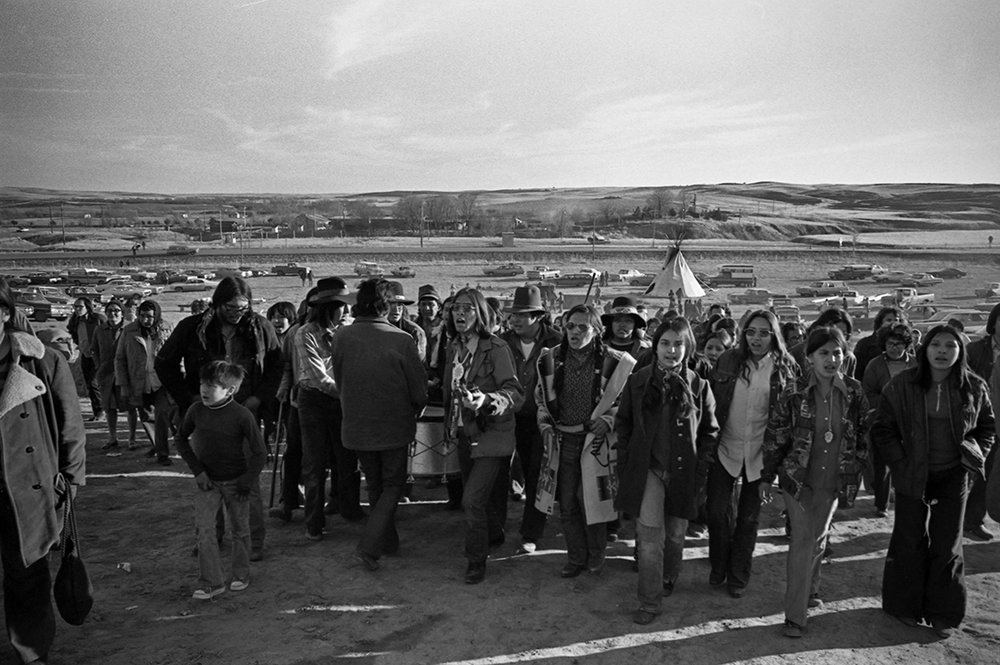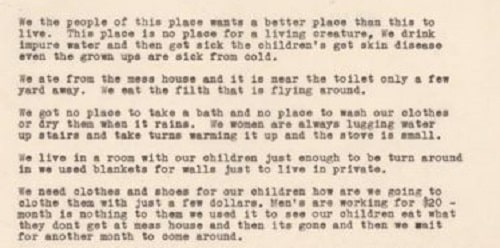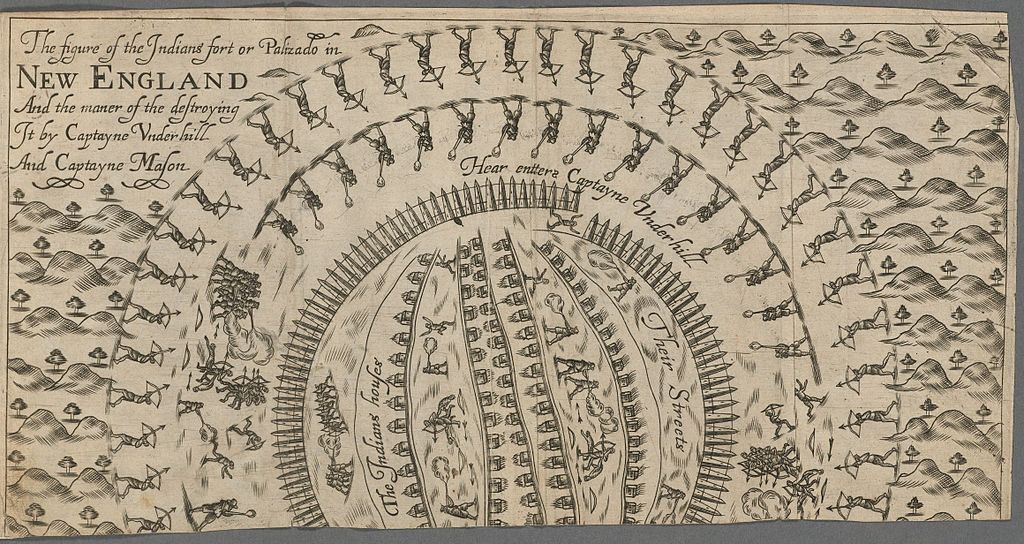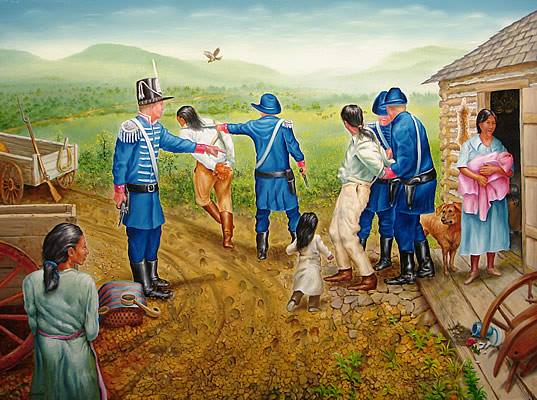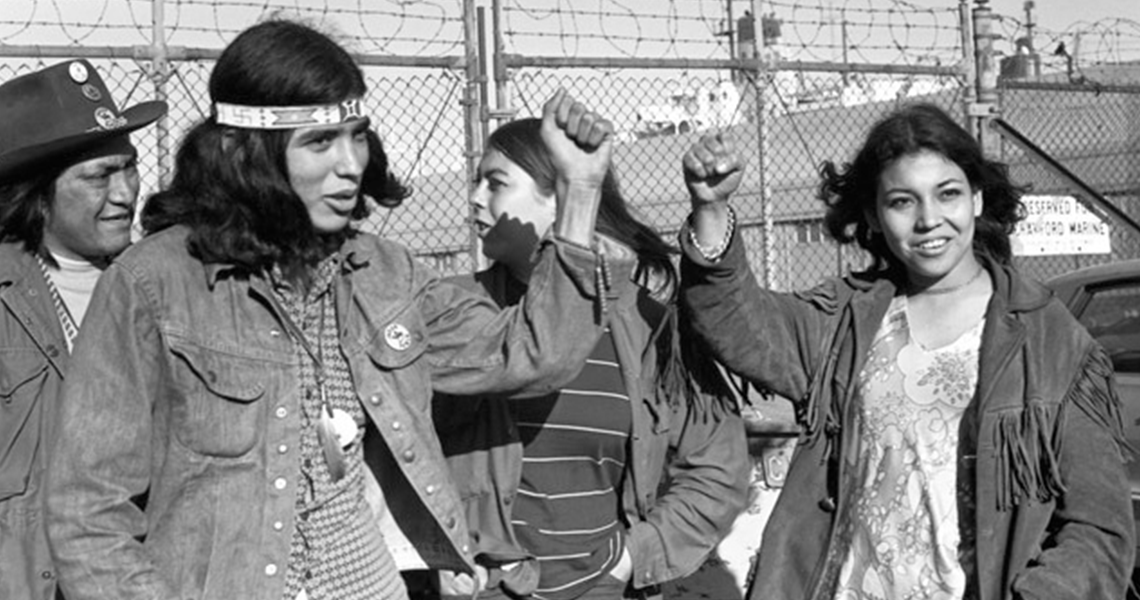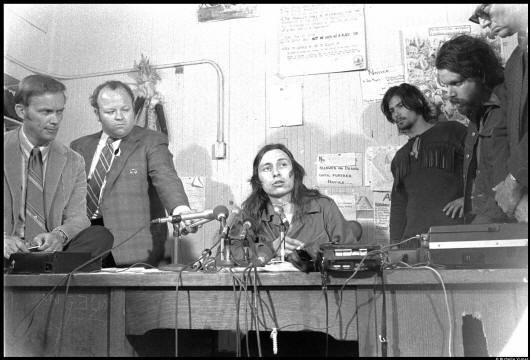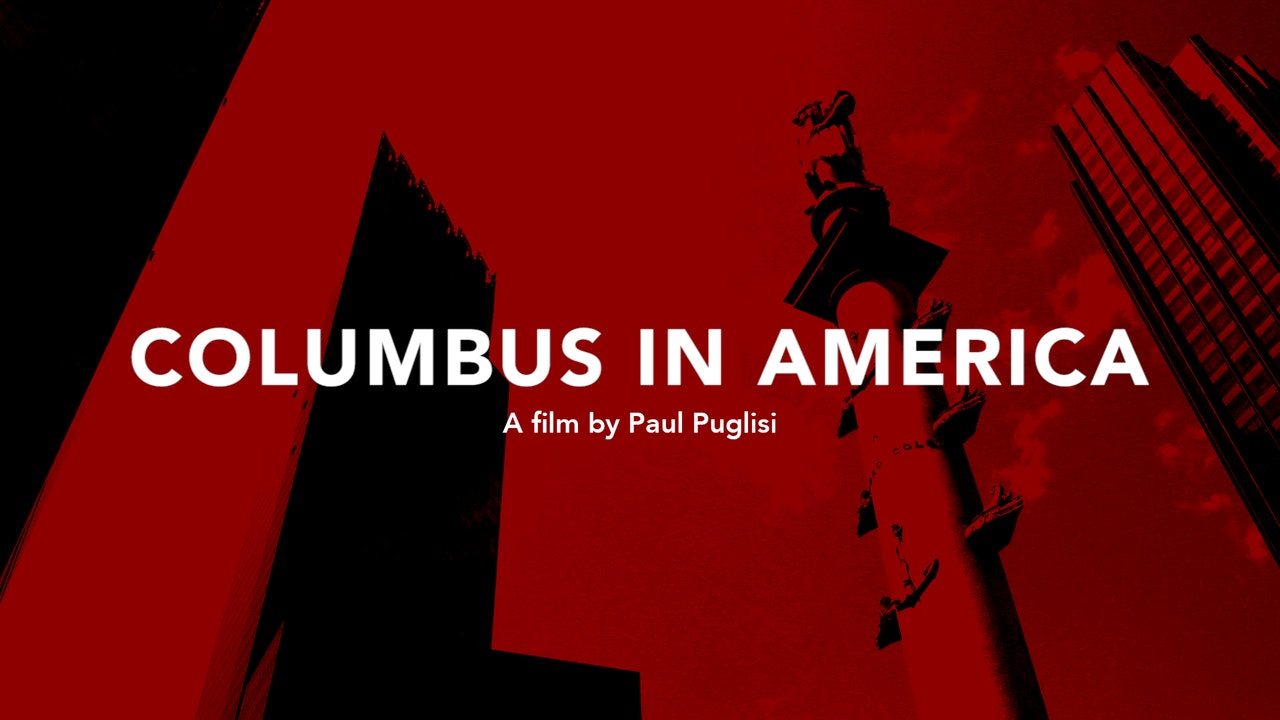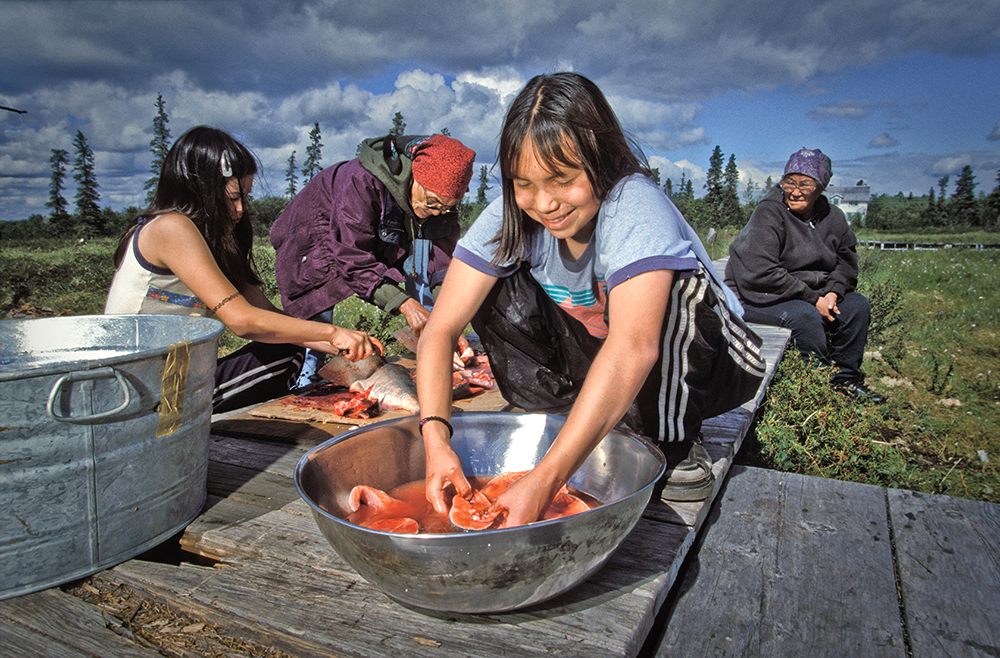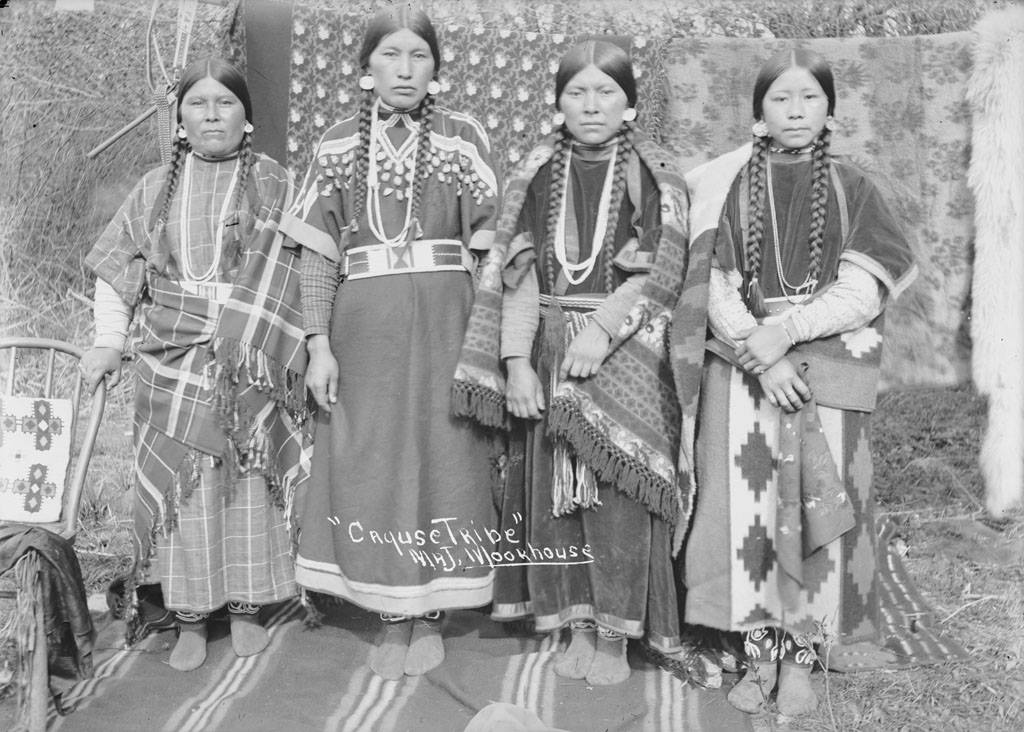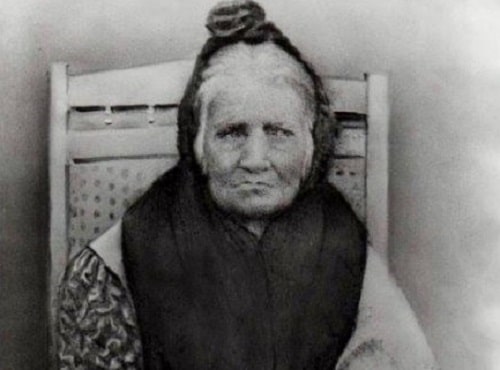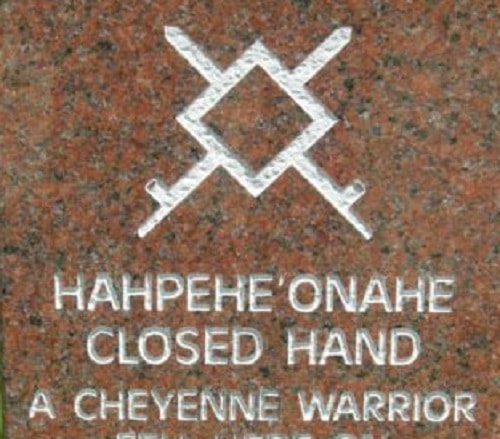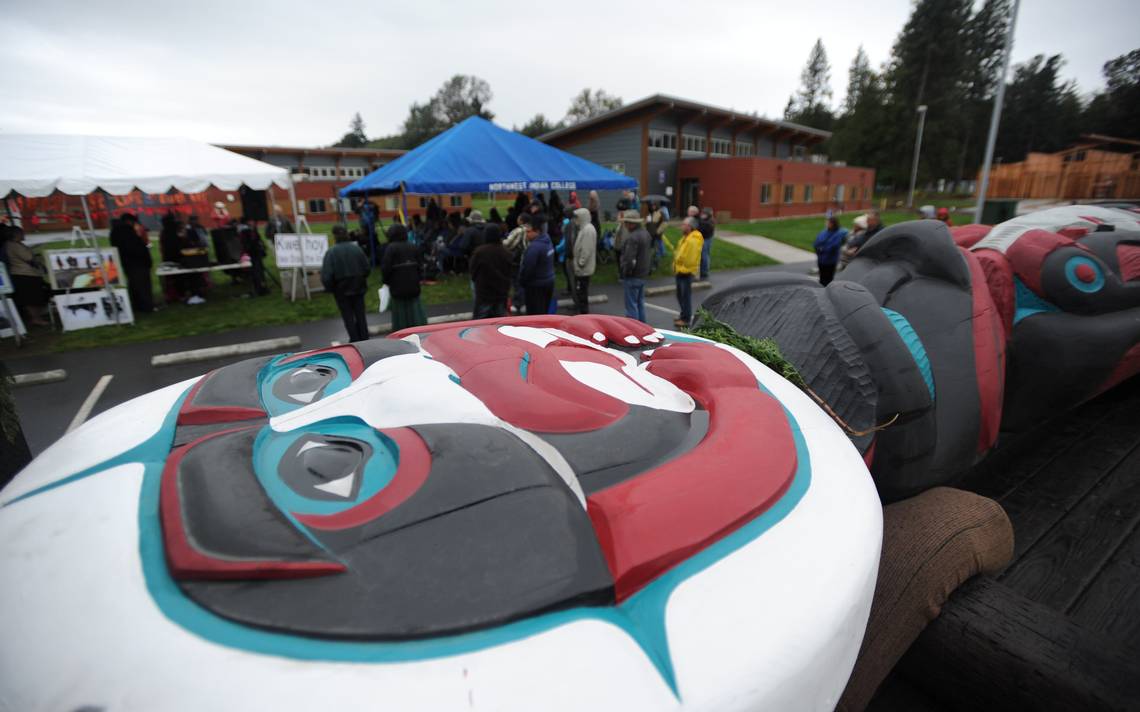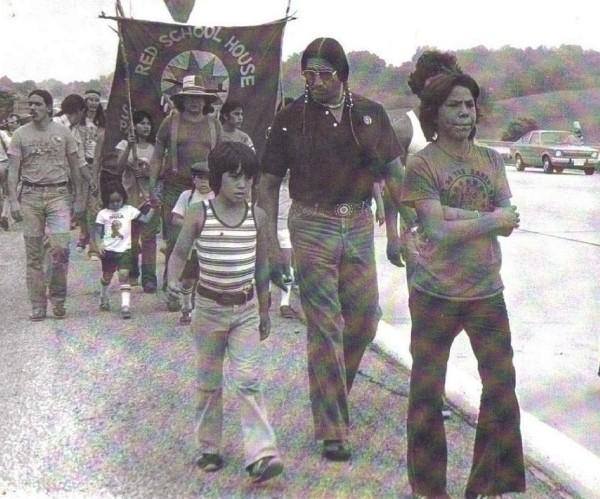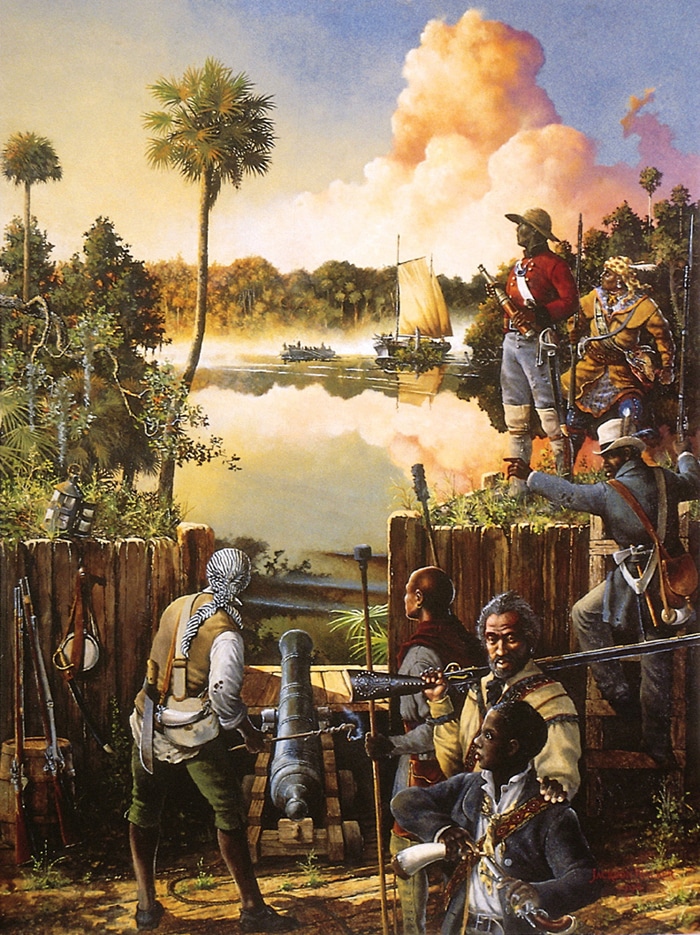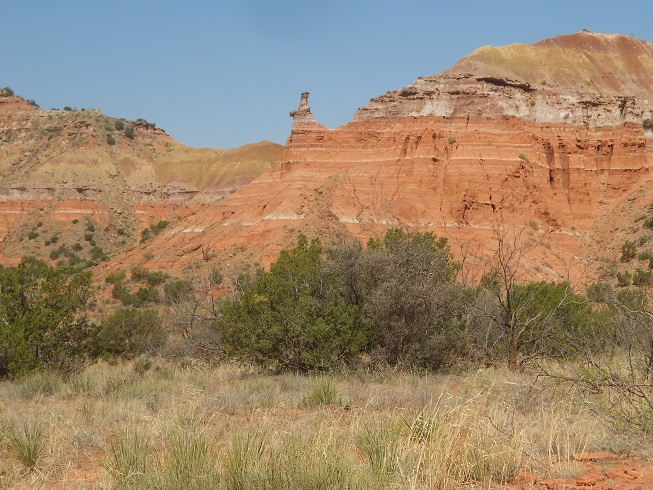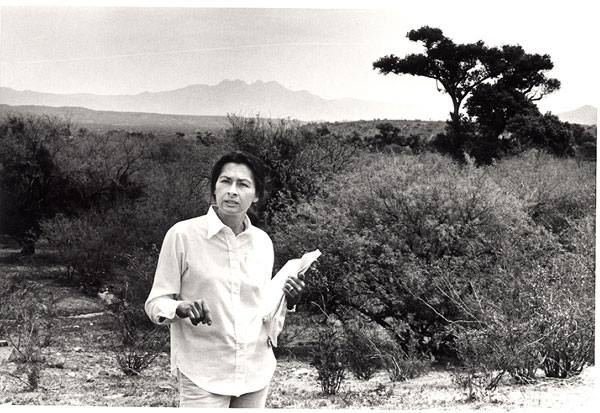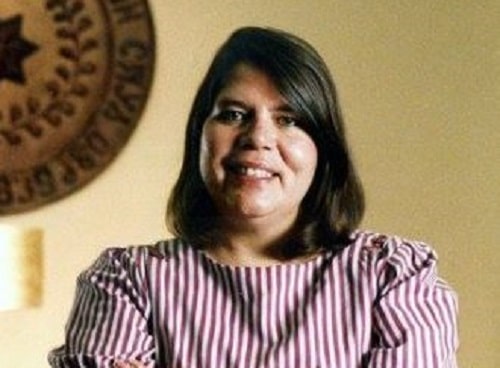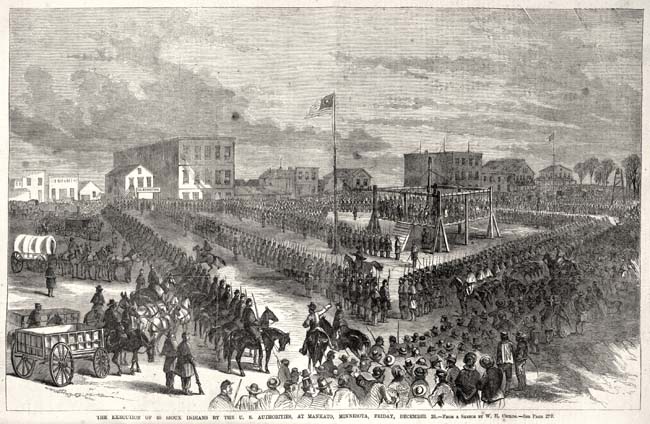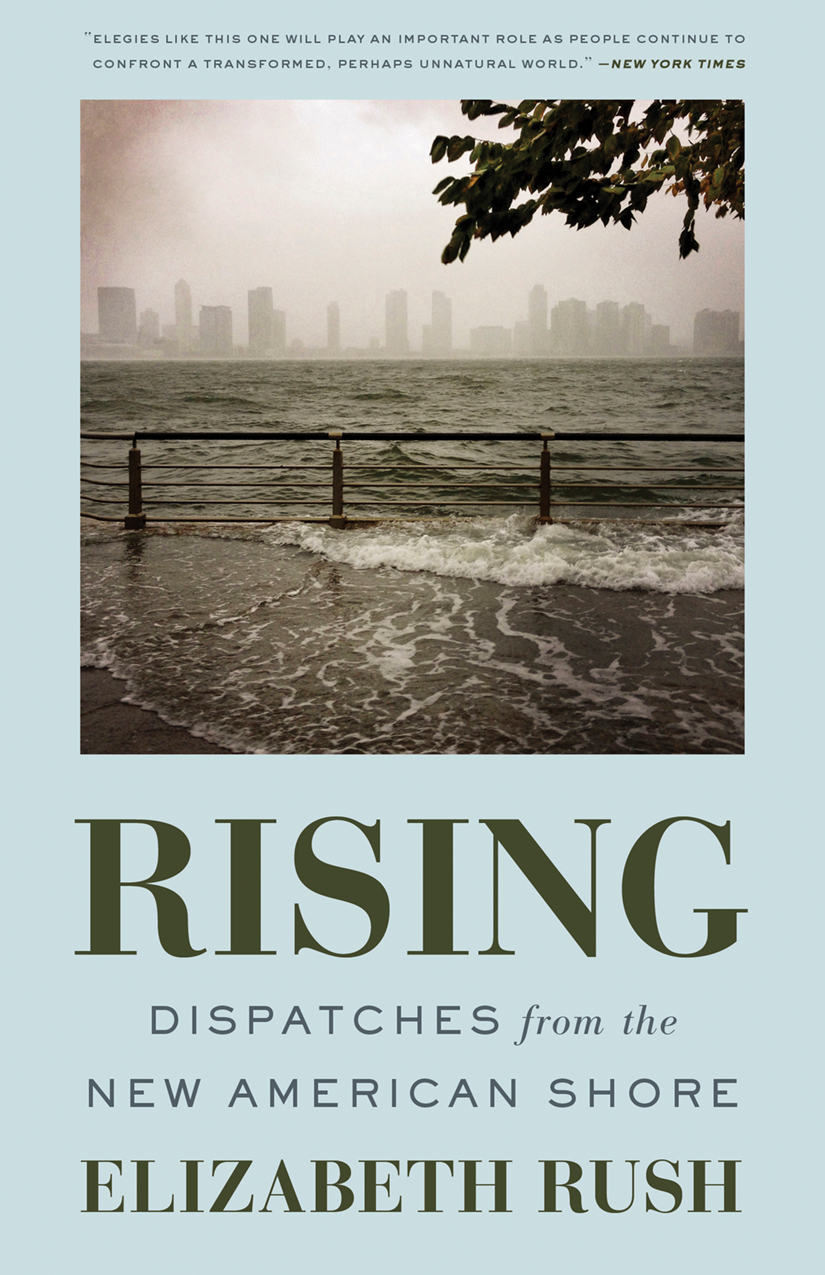Paul Cuffee and other free Blacks petitioned the Massachusetts government to give African and Native Americans the right to vote.
Continue reading
Film. By Upstander Project. 2015. 13 minutes.
Story of forced removal of Native American children in Maine sent to boarding schools.
Continue reading
Africans and Native Americans formed Florida’s Seminole Nation and defeated a heavily armed U.S. invading army during the Second Seminole War.
Continue reading
The Yavapai people’s shelter of Skeleton Cave in Arizona was attacked by the U.S. Army, trying to force them to reservations.
Continue reading
About 250 Sioux Indians, led by members of the American Indian Movement, converged on South Dakota’s Pine Ridge Reservation, launching the famous 71-day occupation of Wounded Knee.
Continue reading
Aleut women from the Pribilof Islands Program wrote a petition about the dangerous internment camp conditions during World War II.
Continue reading
Hundreds of Pequot villagers were massacred by the Puritans in Mystic, Connecticut.
Continue reading
The Trail of Tears removed Cherokee Indians from their ancestral home in the Smoky Mountains to the Oklahoma Territory.
Continue reading
Native Americans took over and held Alcatraz Island as Indian Land during the Alcatraz Occupation.
Continue reading
Film. By Paul Puglisi. 2017. 89 minutes.
Documentary on the symbol of Columbus in the United States and the campaign for Indigenous Peoples' Day.
Continue reading
Article. By Jill Howdyshell.
The author describes how climate change is hitting Indigenous communities in Alaska much harder than other places in the world. And yet, administrators still insist that school discussions should focus on student test scores.
Continue reading
Thousands of Native Americans were displaced when the “Great Emigration” on the Oregon Trail began.
Continue reading
The forcible removal of Native American tribes, known as the Trail of Tears, began.
Continue reading
Lakota, Northern Cheyenne, and Arapaho defended their land in the battle of the Greasy Grass (Battle of Little Big Horn).
Continue reading
The Longest Walk, a transcontinental trek for Native American justice, ended.
Continue reading
The U.S. Army firebombed a fort on the Apalachicola River in Florida.
Continue reading
Encampments of Comanches, Kiowas, Kiowa Apaches, Cheyennes, and Arapahos were attacked by the U.S. military.
Continue reading
The Fort McDowell Yavapai Nation of Arizona stopped construction of the Orme Dam after ten years of organizing and protesting.
Continue reading
Wilma Mankiller took office as Principal Chief of the Cherokee Nation of Oklahoma.
Continue reading
The mass execution of 38 Dakota Indians was ordered by President Abraham Lincoln.
Continue reading
Book — Non-fiction. By Elizabeth Rush. 2019. 328 pages.
A book about the impact of climate change on U.S. communities and societies that privileges the voices of those too often kept at the margins.
Continue reading

